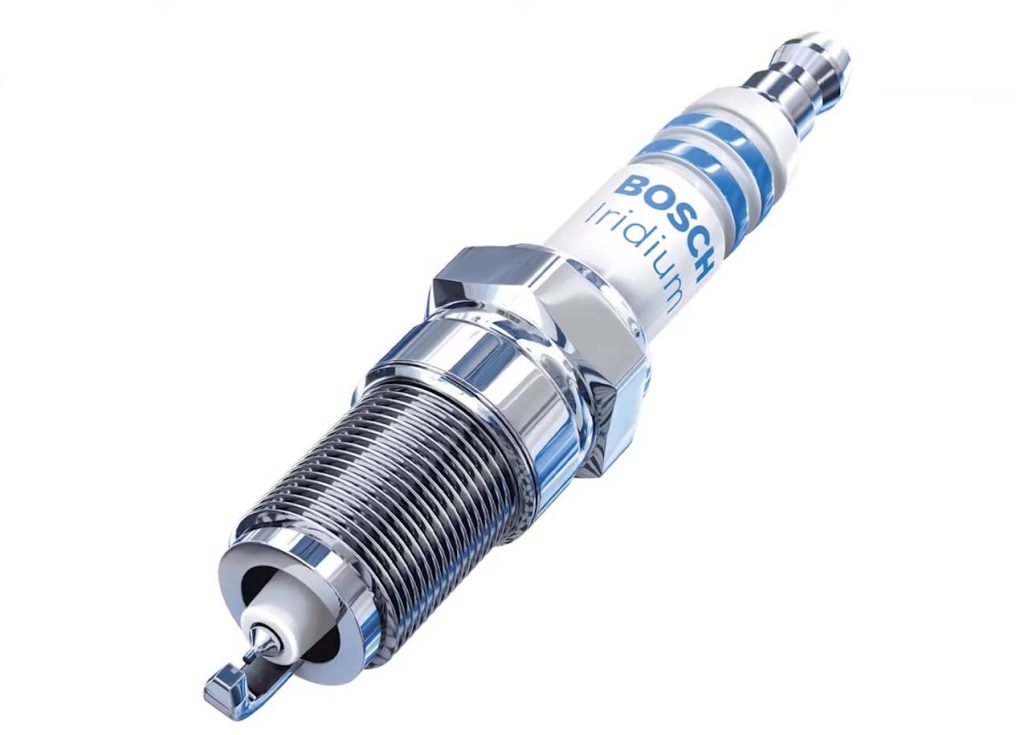Spark plugs play a crucial role in the combustion process of internal combustion engines, igniting the air-fuel mixture to generate power. However, encountering a gas odor emanating from a spark plug can indicate underlying issues that need prompt attention.
This occurrence signifies a deviation from normal engine operation and warrants investigation to ensure optimal engine performance and safety. In this discussion, we delve into the causes and solutions related to the phenomenon of a spark plug emitting a gas odor, highlighting the importance of addressing the issue promptly to maintain engine efficiency and reliability.
Related post– OEM Spark Plugs vs NGK Spark Plugs: A Comparison
key causes and solutions
Certainly! Here’s a table summarizing the key causes and solutions for a spark plug emitting a gas odor:
| Cause | Solution |
|---|---|
| Incorrect fuel mixture | Adjust fuel mixture by tuning carburetor or engine control unit (ECU) |
| Fuel injector issues | Repair or replace faulty fuel injectors |
| Ignition system problems | Replace damaged spark plugs and ignition coils |
| Engine flooding | Address root cause of flooding, such as malfunctioning sensors |
| Exhaust system problems | Repair leaks or replace faulty catalytic converter |
Understanding the Issue
When a spark plug emits a gas odor, it signals a deviation from the normal combustion process. Understanding this issue involves recognizing the significance of the odor and its implications for engine performance. The gas smell typically indicates incomplete combustion or fuel-related problems within the engine system. Identifying the root cause of the gas odor is crucial to prevent potential engine damage and safety hazards.

Common Causes of a Gas Smell from Spark Plugs
Several factors can contribute to a spark plug emitting a gas odor:
- Incorrect fuel mixture: A mixture that is too rich (excess fuel) or too lean (insufficient fuel) can lead to incomplete combustion and a gas smell.
- Fuel injector issues: Leaking or clogged fuel injectors can result in excess fuel entering the combustion chamber, causing a gas odor.
- Ignition system problems: Faulty spark plugs or ignition coils may not ignite the air-fuel mixture properly, leading to incomplete combustion and a gas smell.
- Engine flooding: Excessive fuel entering the combustion chamber due to flooding can result in a gas odor.
- Exhaust system problems: Leaks or a malfunctioning catalytic converter in the exhaust system can cause unburned fuel to emit a gas smell from the spark plug.
Identifying these common causes through diagnostic procedures is essential to address the issue effectively.
Diagnostic Procedures
Diagnosing the source of the gas smell involves systematic testing and inspection:
- Visual inspection: Check the condition of the spark plug and surrounding components for signs of fouling or damage.
- Fuel system inspection: Test fuel pressure and inspect fuel injectors for leaks or clogs.
- Ignition system testing: Check spark plug operation and test ignition coils for proper functioning.
- Engine flooding assessment: Investigate sensors and components related to engine flooding, such as the throttle position sensor or fuel pressure regulator.
- Exhaust system inspection: Look for leaks or abnormalities in the exhaust system, including the catalytic converter.
Following these diagnostic procedures helps pinpoint the underlying cause of the gas odor, facilitating appropriate solutions and repairs.
Solutions and Remedies
Addressing the gas smell from spark plugs involves implementing specific solutions tailored to the identified issues:
- Adjusting fuel mixture: Tuning the carburetor or engine control unit (ECU) to achieve the correct air-fuel ratio can rectify rich or lean fuel mixtures.
- Repairing or replacing faulty fuel injectors: Fixing leaks or replacing clogged injectors restores proper fuel delivery to the combustion chamber.
- Replacing damaged spark plugs and ignition coils: Installing new spark plugs and ignition coils ensures efficient ignition of the air-fuel mixture, resolving ignition system issues.
- Resolving engine flooding: Diagnosing and repairing the root cause of engine flooding, such as malfunctioning sensors or fuel system components, prevents excess fuel from entering the combustion chamber.
- Repairing exhaust system issues: Fixing leaks or replacing a faulty catalytic converter in the exhaust system prevents unburned fuel from emitting a gas odor.
Implementing these solutions effectively addresses the underlying causes of the gas smell, restoring proper engine operation.
Preventive Maintenance Tips
To prevent recurrence of the gas smell from spark plugs, follow these preventive maintenance tips:
- Regular inspection of spark plugs and ignition system components helps detect and address issues early.
- Monitor fuel system performance and address any anomalies promptly to prevent fuel-related problems.
- Adhere to manufacturer-recommended maintenance schedules for timely replacement of spark plugs and other components.
- Use high-quality fuel and additives to maintain fuel system cleanliness and prevent injector clogs.
- Keep the engine well-tuned and maintained for optimal performance and efficiency, reducing the likelihood of gas odors from spark plugs.
Conclusion
addressing a gas smell emanating from spark plugs requires a systematic approach to diagnose and resolve underlying issues effectively. By understanding the common causes and implementing appropriate solutions, you can restore proper engine performance and mitigate safety hazards. Additionally, following preventive maintenance tips helps prevent future occurrences of gas odors, ensuring the longevity and reliability of your engine. Prompt attention to these issues is essential for maintaining optimal engine operation and safety.
